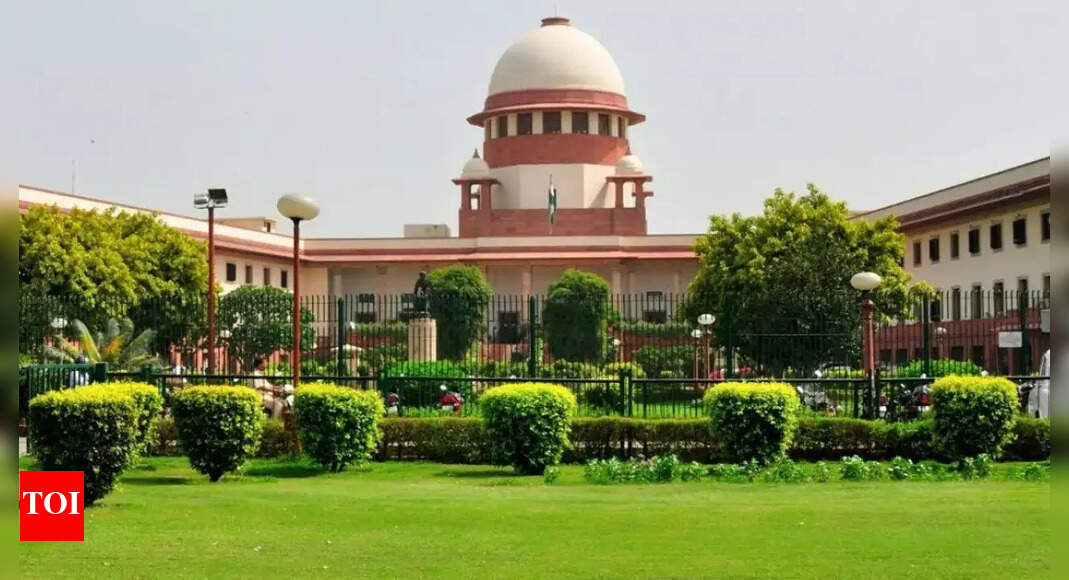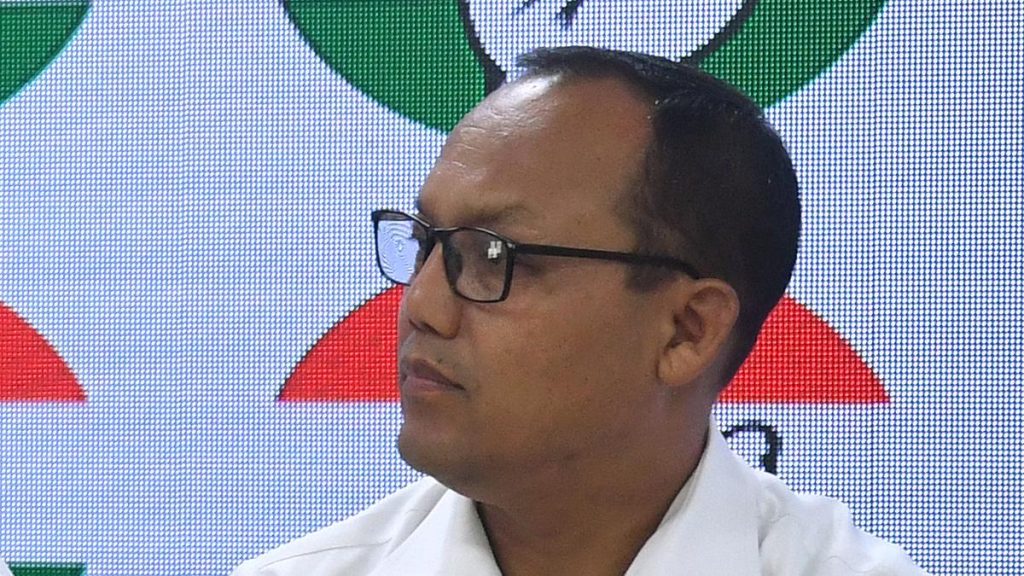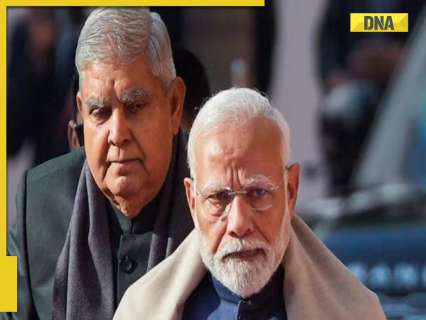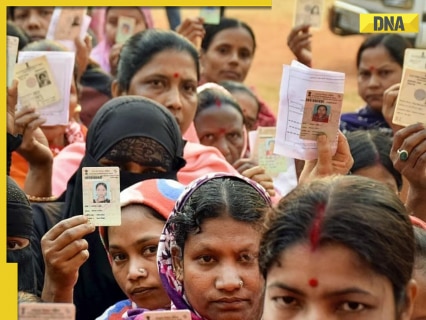Now Reading: SC Reserves Interim Decision in Waqf Case
-
01
SC Reserves Interim Decision in Waqf Case
SC Reserves Interim Decision in Waqf Case

Rapid Summary
- Supreme Court Update: Teh Supreme Court has reserved interim orders on three issues related to the validity of the Waqf (amendment) Act, 2025.
- Key Issues Discussed:
– Power to denotify properties declared as waqf by courts, waqf-by-user, or waqf by deed.
– Composition of state waqf boards and the Central waqf council-petitioners argue only Muslims should operate them (except ex-officio members).
– Provision that excludes a property from being treated as waqf if a collector finds it is indeed government land.
- Legal Arguments: Petitioners led by Kapil Sibal accuse the government of “systematic capture” of waqf properties through non-judicial processes and departure from ancient legal principles. The Center defends the law’s constitutionality, citing its secular nature and presumption of validity.
- Legislative Background: The Waqf (Amendment) Act was passed in Parliament with majority support in April after President Droupadi Murmu’s approval.
- Court Proceedings: Senior advocates Kapil Sibal, Rajeev Dhavan, Abhishek Singhvi argued against it; Solicitor General Tushar Mehta represented the Centre for over three days.
!SC reserves interim orders in waqf case
Indian Opinion Analysis
The supreme Court’s decision to reserve judgment reflects the complexity surrounding amendments to longstanding laws like those governing waqfs-charitable endowments managed under Islamic frameworks but relevant within India’s secular constitution. Both sides presented strong arguments: petitioners claim potential misuse and erosion of conventional autonomy in managing religious endowments, while the government emphasizes inclusivity and constitutionality.This case carries meaningful implications for land governance policies across states; balancing minority rights with broader mandates will be crucial for fostering trust without perceived encroachment into local traditions or faith-based practices. A nuanced verdict may set essential precedents about property laws’ interplay between judicial authority versus executive-backed legislative changes.neutral deliberation by courts can ensure clarity amid conflicting interpretations-a vital outcome considering sensitive public sentiment regarding religion-based property management within India’s diverse societal fabric.




























